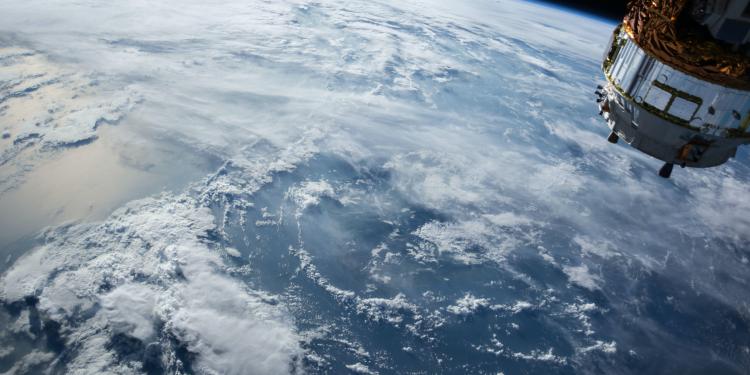Dammam -
20 research teams consisting of female students, graduates and faculty members in the Biology Department at the College of Science at Imam Abdulrahman bin Faisal University participated in the scientific forum entitled: "Biology Biohackathon: Space Biology", as part of extracurricular activities.
The Dean of the College of Science, Dr. Amal Al-Otaibi, stated that this activity is one of the important activities at the college level because of its research aspects related to female students, appreciating the efforts of the head of the department and the female students who excelled in the forum.
For her part, the head of the department, Dr. Nadia Muhammad Al-Abd, stated: "God bless the female students, graduates, and faculty members of the department for presenting research projects and ideas before the arbitration committee."
Dr. Al-Abdullah pointed out that scientific posters were displayed in an accompanying exhibition in the presence of the Dean of the College of Science , Dr. Amal Lafi Al-Otaibi and department heads. The event aims to motivate female students to think about creative and innovative issues and solutions in space biology, a subject considered the first of it's kind in universities in the Kingdom of Saudi Arabia. Five cash prizes were given to the distinguished teams that presented innovative solutions.
Dr. Al-Abdullah also pointed out that space biology is a branch of biological sciences that studies the effect of the space environment on living organisms and how they adapt to these harsh conditions. This environment includes factors such as low gravity, strong space radiation, changes in temperature, lack of oxygen, low atmospheric pressure, and Space biology aims to understand how these factors affect living organisms and explore the possibility of life in space conditions. Scientists are interested in studying various living organisms such as bacteria, fungi, plants, animals, and even humans in space.
He added that research into space biology is important for several reasons. Firstly, it helps us understand the impact of space on the human body, which enhances our understanding of human health and contributes to the development of medical treatments and disease prevention. Secondly, it contributes to expanding our knowledge about life and its ability to survive and adapt in extraordinary environments. Finally, it establish the way for space exploration and the possibility of life on other planets. Research in space biology includes studying the effect of low gravity on the human body and other vital systems, such as the skeleton, muscles, heart, and blood vessels. The effect of space radiation on living organisms and how to protect them from this radiation. Scientists are also interested in studying the response of plants to the space environment and its effect on their growth and development. Space biology is an exciting field of research, as it contributes to our understanding of the impact of the space environment on living organisms and their ability to adapt and survive in harsh conditions. Developments in this field can contribute to improving the health of humans in space and enhancing our ability to explore space and search for life on other planets.

